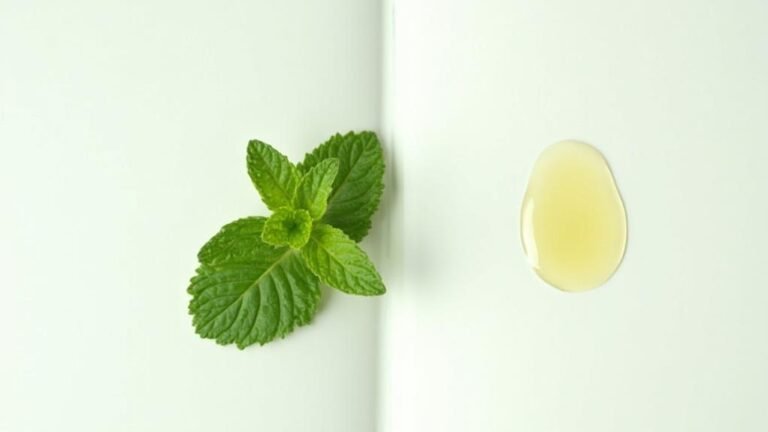Can Mineral Oil Be Used as a Carrier Oil?
Mineral oil is generally not recommended as a carrier oil for essential oils. It can clog pores, cause skin irritation, and interfere with the absorption of essential oils.
Opt for natural carrier oils like sweet almond, jojoba, or coconut oil for better skin health and enhanced benefits from your essential oils.
Using Carrier Oils for Essential Oils
Essential oils are highly concentrated plant extracts that are used for a variety of purposes, including aromatherapy, skincare, and cleaning.
When using essential oils, it is important to dilute them with a carrier oil. Carrier oils are base oils that are used to dilute essential oils and help them to be absorbed into the skin.
There are many different carrier oils that can be used with essential oils. Some of the most popular carrier oils include sweet almond oil, jojoba oil, coconut oil, and grapeseed oil.
Mineral oil is another type of carrier oil that can be used with essential oils. However, there are some concerns about using mineral oil as a carrier oil.
The Risks of Using Mineral Oil as a Carrier Oil
There are several risks associated with using mineral oil as a carrier oil:
- Mineral oil can clog pores. Mineral oil is a heavy oil that can clog pores and lead to acne and other skin problems.
- Mineral oil can cause skin irritation. Mineral oil can cause skin irritation, especially for people with sensitive skin.
- Mineral oil can interfere with the absorption of essential oils. Mineral oil can form a barrier on the skin that can prevent essential oils from being absorbed.
Benefits of Using Natural Carrier Oils Instead of Mineral Oil
There are many benefits to using natural carrier oils instead of mineral oil. Natural carrier oils are derived from plants and are rich in nutrients that can benefit the skin. They are also less likely to cause skin irritation.
Some of the benefits of using natural carrier oils include:
- Moisturizing the skin. Natural carrier oils can help to moisturize and hydrate the skin.
- Reducing inflammation. Natural carrier oils can help to reduce inflammation and soothe the skin.
- Promoting healing. Natural carrier oils can help to promote healing and cell regeneration.
- Providing antioxidant protection. Natural carrier oils can help to protect the skin from damage caused by free radicals.
Choosing the Right Carrier Oil
When choosing a carrier oil, it is important to consider your skin type and the benefits that you are looking for.
- If you have dry skin, you may want to consider using sweet almond oil or coconut oil.
- If you have oily skin, you may want to consider using jojoba oil or grapeseed oil.
- If you have sensitive skin, you may want to consider using a carrier oil that is hypoallergenic, such as jojoba oil or avocado oil.
How to Use Carrier Oils with Essential Oils
To use a carrier oil with essential oils, simply mix the two together in a small container. A good ratio to start with is 10 drops of essential oil to 1 teaspoon of carrier oil. You can adjust the ratio to your liking.
Learn more about how to mix essential oils with coconut oil for effective use.
Once you have mixed the essential oils and carrier oil together, you can apply the mixture to your skin. You can also add the mixture to a diffuser to enjoy the aroma. For other applications, explore how to use essential oils in a washing machine for a fresh scent.
Conclusion
Mineral oil is not recommended as a carrier oil for essential oils. Natural carrier oils are a much better option. They are safer for your skin and can provide many benefits.
When choosing a carrier oil, it is important to consider your skin type and the benefits that you are looking for. By following the tips in this article, you can safely and effectively use carrier oils with essential oils.







